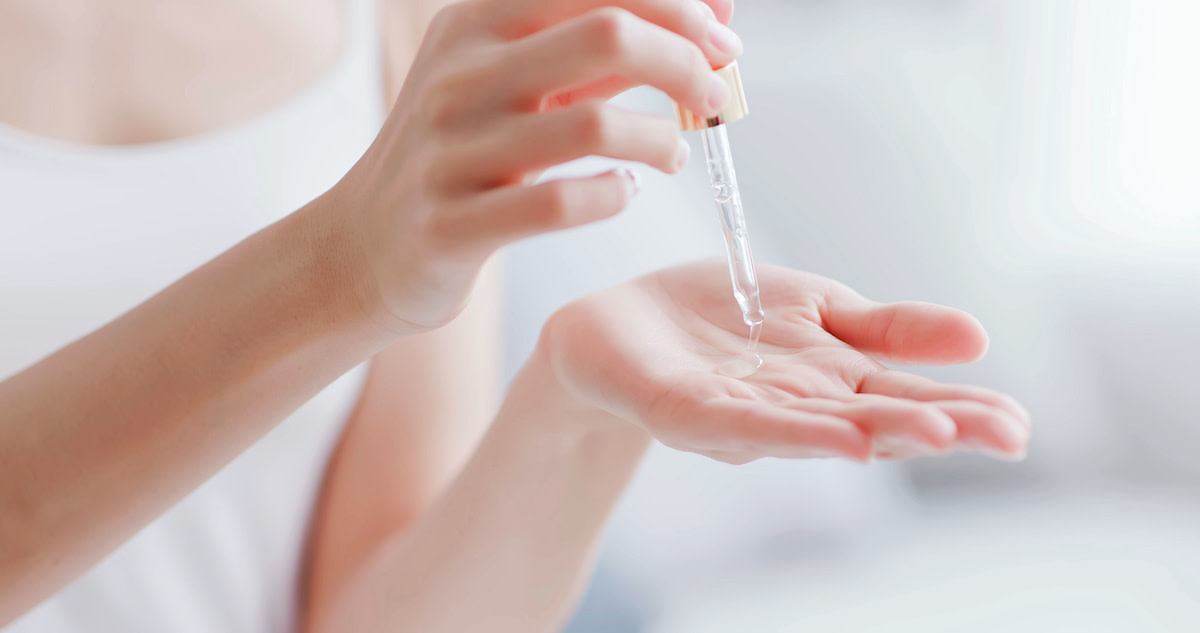Guide to Niacinamide: 7 Ways to Use Niacinamide for Skincare
Written by MasterClass
Last updated: Jul 20, 2021 • 2 min read
Niacinamide, a form of vitamin B3, is a popular skincare ingredient found in topical serums. It can potentially reduce redness, protect your skin from sun damage, and even target acne.
Learn From the Best
What Is Niacinamide?
Niacinamide is a form of vitamin B3 (niacin) that can contribute to your skin, kidneys, and brain health. When used as a topical skincare treatment, niacinamide can have anti-inflammatory properties and is used to improve hydration and the skin’s smoothness. Niacinamide, also known as nicotinamide, can be found in many skincare products such as moisturizers, serums, toners, and lotions. Niacinamide is used to treat skin conditions such as acne, eczema, rosacea, and hyperpigmentation.
Some people may be allergic to niacinamide, which can potentially produce histamine in your body. Test a small amount of niacinamide on a small patch of skin before applying to a large area. After 24 hours, if you haven’t noticed any inflammation, tingling, or burning, you can apply it to the chosen or affected area of your body.
7 Uses for Niacinamide
Products that use niacinamide as an ingredient are used to treat a number of stress-related skin conditions. Here are some of the potential uses or benefits of niacinamide in skincare.
- 1. Treating acne: Niacinamide is an effective treatment for acne breakouts, particularly inflammatory types of acne where pustules and pimples are present in the affected area.
- 2. Fighting inflammation: Niacinamide can help reduce facial and bodily redness and inflammation caused by eczema or acne scarring.
- 3. Minimizing pores: Topical niacinamide products can help to reduce the appearance and size of pores.
- 4. Regulating oil: Niacinamide can help reduce your skin's oil production, preventing your sebum glands from over-producing and possibly contributing to acne.
- 5. Stimulating hydration: Niacinamide is helpful for people with dry skin as the increased moisture retention is great for hydrating skin. Niacinamide helps your skin to grow a protective skin barrier called the ceramide (lipid) barrier which helps retain moisture and keeps your skin from drying out.
- 6. Protection from the sun: Niacinamide can help to fortify your skin against sun damage. Using niacinamide along with SPF sunscreen can also have anti-aging effects because it is helpful in reducing the effects of sun damage including fine lines and wrinkles.
- 7. Reducing hyperpigmentation: Five percent niacinamide products can be used to lessen discoloration and lighten dark spots on the skin due to an increase in collagen.
What Is the Difference Between Niacinamide and Niacin?
Niacin and niacinamide are both forms of vitamin B3 and can be used for some interchangeable purposes however, there are some important differences between the two.
Niacin can be found in foods including milk, yeast, meat, and eggs. When consumed in excess, our body can turn niacin into niacinamide. Niacin taken in high doses can cause vasodilation, or the widening of blood vessels, which can lead to skin flushing for certain skin types. This is why niacinamide is the preferred form of vitamin B3 used for treating skin conditions. Niacin is often used to treat high cholesterol, which niacinamide cannot be used for.
Before Starting a New Skincare Regimen
Individuals experience different levels of sensitivity to ingredients found in various skincare products. To prevent adverse reactions, consult a dermatologist before applying a new product to your skin. This article is for educational and informational purposes only, and is not a substitute for professional medical advice.
Learn More
Get the MasterClass Annual Membership for exclusive access to video lessons taught by the world’s best, including Bobbi Brown, RuPaul, Tan France, and more.
